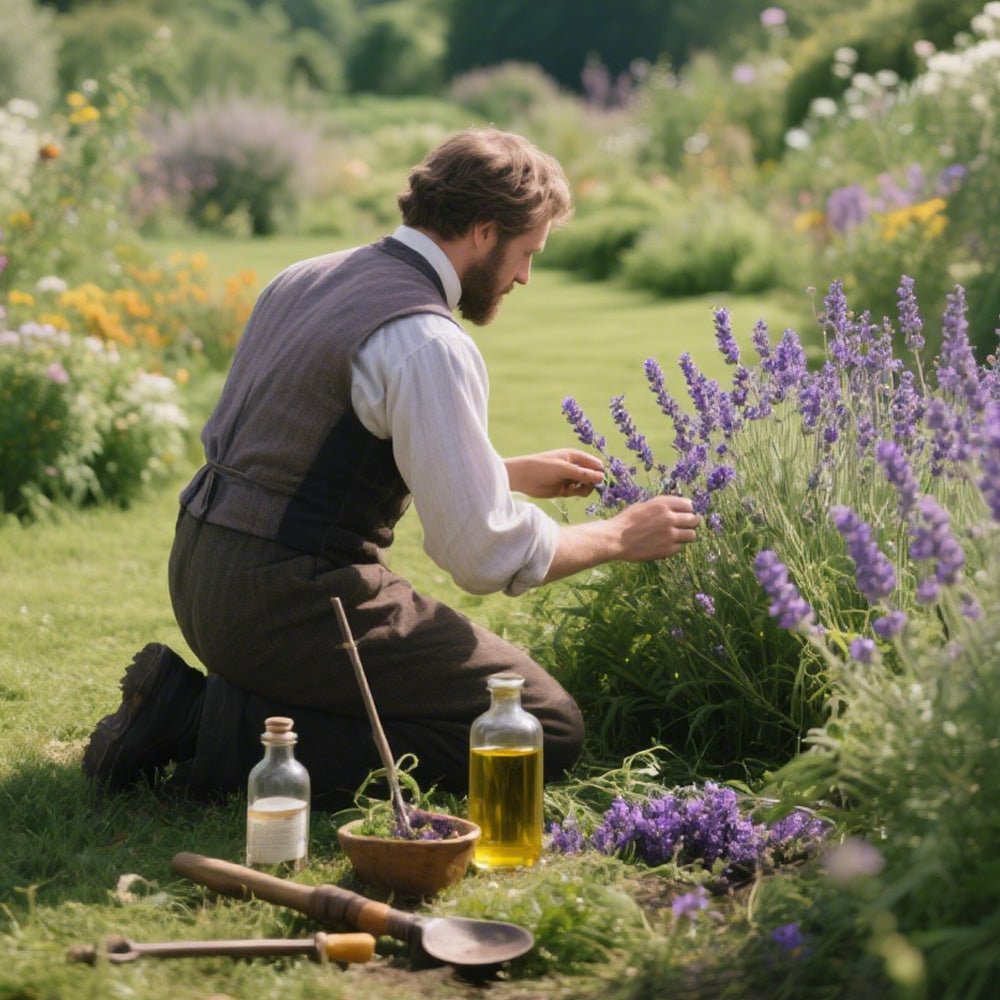精油已经被珍视了数千年,因其芳香、治疗和精神属性而备受推崇。今天,它们仍然是整体健康的基础,对高质量精油的需求日益增长。在Vaucluse,我们通过提供高品质的 香料油 来庆祝这一古老传统,这些香料油将历史与现代精致相结合。
在这篇博客中,我们将探讨精油的起源、它们的历史用途以及它们如何在现代生活中重新获得强大的影响力。
古代的起源:精油的根源
1. 埃及——香薰疗法的发源地
精油的使用可以追溯到古埃及(公元前3000年),在那里,它们在宗教仪式、防腐和医学中都是不可或缺的。埃及人从乳香、没药和肉桂中提取精油,用于香水、治疗药膏和神圣仪式。著名的埃比斯纸莎草文献(公元前1550年)列出超过800种草药疗法,其中许多涉及芳香提取物。
2. 中国和印度 – 阿育吠陀和传统医学
与此同时,中国和印度都在发展自己的传统。古代中国文献提到了用于治疗的芳香草药,而印度拥有5000年历史的医学系统——阿育吠陀,则使用檀香和姜等精油来达到平衡和健康。
3. 希腊和罗马 – 香味科学
希腊人和罗马人推进了精油的使用,希波克拉底(医学之父)推荐芳香浴来保健。希腊医生迪奥斯科里德斯在《本草纲目》中记录了超过500种植物,这是一部草本医学的基础文本。罗马人后来在浴、按摩甚至战争中普及了芳香油,以提高士气。
中世纪与文艺复兴:知识的保存
在黑暗时代,大部分知识在伊斯兰世界得到了保存,像阿维森纳这样的学者改进了蒸馏技术。到文艺复兴时期,欧洲重新发现了精油,将其用于香水和黑死病的治疗。
现代复兴:现代世界中的精油
The 20th century saw a resurgence, thanks to French chemist René-Maurice Gattefossé, who coined the term "aromatherapy" after discovering lavender oil’s healing properties. Today, essential oils are used for:
✔ Aromatherapy – Stress relief, mood enhancement
✔ Natural Cleaning – Antibacterial properties
✔ Skincare & Haircare – Nourishing and rejuvenating
✔ Home Fragrance – Diffusers, candles, and sprays
The demand for pure, high-quality fragrance oils has soared, with more people embracing natural wellness solutions.
Why Choose Vaucluse Essential Oils?
At Vaucluse, we honour this ancient legacy by crafting premium essential oils that meet modern standards. Our collection includes:
🌿 单一香薰油(薰衣草、薄荷、佛手柑)
🌸 花香与柑橘混合香(梨与百合、栀子花、白兰花、葡萄柚与雪松)
🛒 立即购买:探索我们的 精油系列
从古老的寺庙到现代的家居,精油经受住了时间的考验。无论您是用它们来放松、治疗,还是仅仅为了提升您的空间,它们的遗产继续蓬勃发展。想体验纯正精油的力量吗?浏览Vaucluse的精选系列,将历史上最受珍视的香味融入您的日常生活中。


